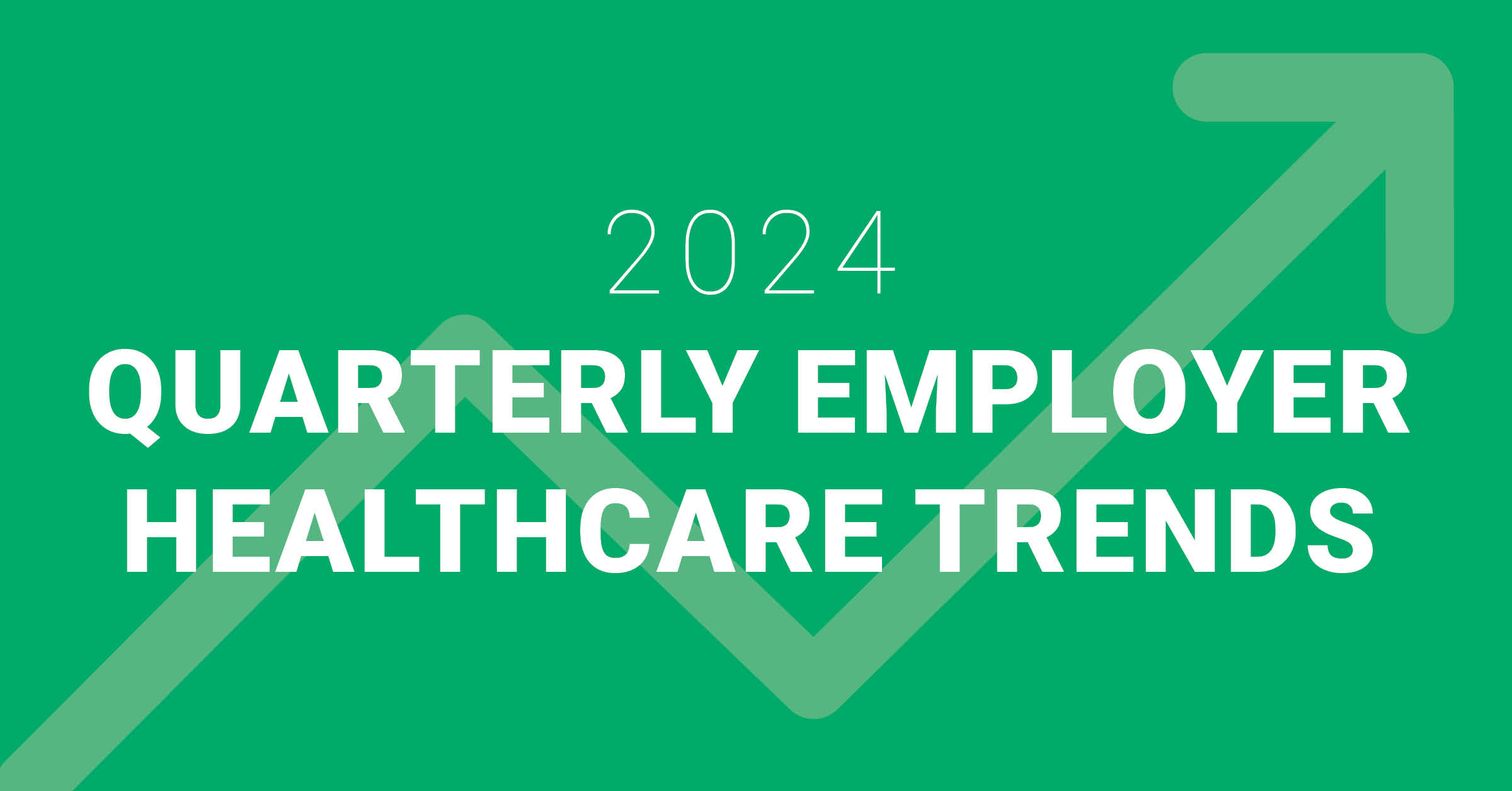The S.P.A.R.K. Total Health Program gives employees the tools to make lasting health changes to reduce the risk of chronic health conditions.
One in three U.S. adults lives with metabolic syndrome, according to The National Heart, Lung, and Blood Institute. But metabolic syndrome — a cluster of conditions that together raise the risk of heart disease, diabetes, stroke and other serious health problems — is preventable through lifestyle modification, such as improved nutrition and increased exercise.
With employees spending a third of their days in the workplace, employers become uniquely positioned to spark meaningful change in their workforce through education and lifestyle modification coaching, delivered through a program like Marathon Health’s S.P.A.R.K.
The S.P.A.R.K. Total Health Program focuses on the key components of Support, Prevention, Assessment, Results and Knowledge. Throughout the 10-week program, the Marathon Health care team supports employees in learning how to create smart goals and develop strategies to turn healthy choices into daily habits.
Peer Support Promotes Accountability
S.P.A.R.K. features 10 group sessions focused on metabolic syndrome education, such as impact on life, risk factors, diagnosis, prevention and activities to reverse health conditions.
“We’re facilitating a conversation among peers at work,” says Keena Zinn, Marathon Health Senior Program Analyst and Health Coach. “In doing so, we’re helping to create support that goes well beyond the structure of the multi-week session. Having ongoing accountability and support within the employer group can really have an impact on not only the individuals in the group, but the culture of the organization.”
Once you get employees to attend the program, Zinn says retention is usually high.
“We facilitate the group dialogue to help people explore their reasons for wanting to make change and learn from each other’s experiences on how they might implement that change. The curriculum is really interactive,” she adds. “People find the group component really valuable and keep coming back.”
Marathon Health National Director of Health Coaching Lauren Hutchens notes turnout increases when programming is offered during work hours and employees can attend while on the clock.
“It’s not always feasible, and we recognize that,” Hutchens says. “But if it’s at all possible, that’s the most meaningful way to get people to engage.”
Employees Make Lasting Changes to Prevent Chronic Health Conditions
In addition to group programming, S.P.A.R.K. also incorporates one-on-one coaching sessions to provide participants with a better understanding of their current health and help each member create an individualized plan to achieve their personal health and wellness goals.
Pre- and post-assessments help members measure and build on success. These assessments include a blood test as well as some self-reported metrics, like how many times a week participants eat fruits and vegetables or exercise.
“A lot of times, having insight into those actual metrics and being able to see progress can be very motivating for individuals, especially if they’re fixated on weight,” Hutchens says. “They may not have lost the weight they desire yet, but if you’re able to get a blood draw and look at your lipid panel or other biometric factors and see progress there, it can really be helpful in reinforcing that progress is happening.”
A key component of biometric screening is coaching the members on what their numbers mean and how their habits can impact them, according to Zinn. This vital knowledge helped member Alana Dietz-Smith take control of her health.
“I have high cholesterol and didn’t really think about how it has affected me, other than it being bad,” says Dietz-Smith. “The S.P.A.R.K. program is so informative, and now I can really understand why it’s so important to live a healthier life. I have changed my goals. I want to feel better and not just look better.”
Empowering employees to take charge of their health brings positive financial returns on investment to workplaces. But it’s about more than saving dollars.
“It just comes down to doing the right thing for your people,” Hutchens says. “If your employees are healthier and happier, they’re going to bring that to work. In the end, health coaching and wellness programs are about supporting the people who you care about and ensuring they have the resources they need to be their best selves.”
You might also like
Subscribe to our newsletter and stay on the cutting edge of worksite healthcare.










